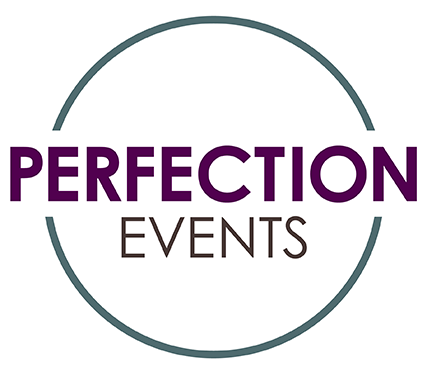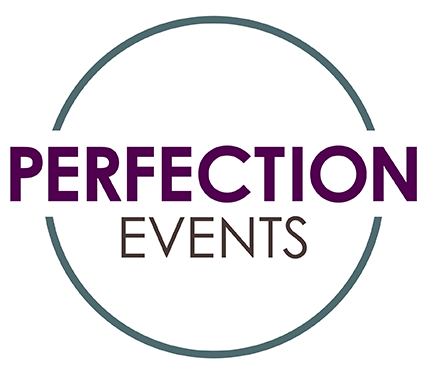
You didn’t know there was a fun side to data security, did you?
That’s because there isn’t.
It’s not one of the more creative or exciting parts of event planning and definitely doesn’t have the fun factor that other elements can have, but it is one of the most important. And, most overlooked.
Too many of us think that data security is the responsibility of someone else (like the hotel, or the airline, or the registration company) and we take for granted that they are doing everything they should be doing to protect attendee data.
Just like the credit monitoring companies protect your credit information. Until they don’t.
In a recent “Safeguarding Your Event’s Data” article in Meetings and Conventions magazine, a meeting professional explained:
“Event professionals are understandably concerned about the attendee experience when it comes to hotel accommodations, meeting room setup, food and beverage, etc. But relatively few are as thoughtful about participants' personal data. As a former corporate event planner, I'm guilty.
At the time, I assumed securing data wasn't my responsibility, or that my information-security team was diligent, even though I played a role in sourcing new event-management systems and mobile apps. A decade later and with experience at an event-app platform, I understand the stakes and can see how event professionals must have a strategic role in their organizations and adapt to the ever-changing digital landscape.”
The article also provides a great list of questions to help you jump into the world of data security and ensure that you are protecting your attendee’s information.
Beyond the checklist, I’d challenge you to look at the types of data that you and your partners collect from your attendees and ensure that you actually need (and USE) each piece of information. If there is data that you are collecting but don’t actually use, maybe it’s time to stop collecting it.
People are becoming very savvy about the types of information they are willing to share and are sensitive to how it’s being used. I was recently part of a discussion about demographics data collected by an association. All of us understood why the association asks the dozen or so demographics questions they are ask (because they want to build as complete of a member profile as possible), but the flip side of that discussion was that some members aren’t completing ANY of the information because they feel it’s too intrusive. If we collect almost no data when asking 12 questions, why not try asking less questions to see if we are able to collect at least the most pertinent details?
A second challenge is to look at how you are sharing attendee information with partners. Many planners use Excel spreadsheets to email attendee information to partners. But, email is not necessarily secure. Do you use email to share personal information? Or, have you invested in other, more secure, ways of sharing attendee data?

